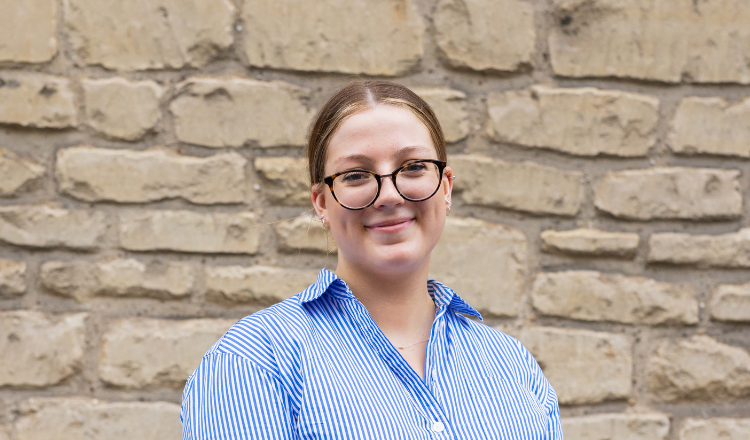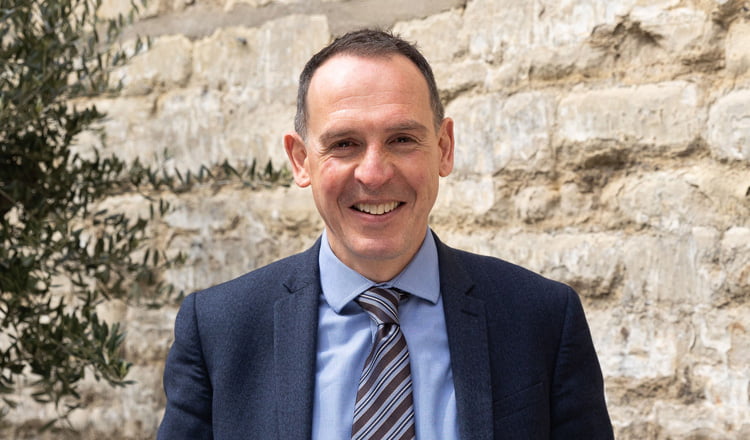Seven tips for accidental savers to create a habit
Posted on 19th June 20
A surprising outcome of the coronavirus pandemic is the emergence of the ‘accidental saver’. Research by the Office of National Statistics (ONS) estimates that around £182 a week of usual household spending has been put on hold due to lockdown.
The average Brit stopped spending on commuting, holidays, eating out, socialising and gym memberships and as a result many have found themselves with spare cash at the end of the month.
Yet the coronavirus pandemic has also brought worrying times, with increased job insecurity as many workers on furlough unsure if their workplace will return to ‘normal’ and more than 16 million people in the UK with savings of less than £100, it’s never been more important to have a little put aside for a rainy day. So if you’re struggling to make ends meet or you’ve found yourself an accidental saver during lockdown, it’s time to get into the savings habit. Here’s our tips to start saving without having to reuse your teabags:
- Spring clean your finances. Start by reviewing your essential outgoings and look at ways to save – an annual review of monthly household expenditure on utilities can often result in significant savings. Check your direct debits to make sure these are up to date and you’re not still paying for an old magazine subscription or gym membership you no longer use.
- Get into the savings mindset. It takes time to create a habit, so don’t give up if you find you aren’t saving as much as you know you could each month. Set yourself realistic goals, for example, if you enjoy regular takeaways, cut down on a couple a month, but don’t deprive yourself altogether. And always encourage young people to save, it’s never too early. Keep an eye out for details of our new Regular Saver account launching this summer – designed to encourage young savers in our community to adopt a savings habit from an early age.
- Swap routine habits. Look at how you can cut any non-essential spending – a daily takeaway coffee can cost up to £750 a year, and you’ve already kicked that habit in lockdown!
- Set yourself a budget and a savings goal. Once you have a clear view of your monthly costs, set a budget that works for you. Create a savings goal – this could be putting money aside each month for a holiday or saving towards a deposit on a property. Leave some room for treats or it will be impossible to stick to!
- Set up a different account for saving and put money away at the beginning of the month. This helps to ration spending throughout the month. People who put money into a specific savings account on pay day save more than those who wait to see what’s left at the end of the month. Consider a fixed rate or notice account to reduce the temptation to chip away at your savings. If you are concerned you might need money for unforeseen emergencies, it’s a good idea to keep a few months expenditure in an instant access account, just for those rainy days.
- Beware of the small print. Some accounts are designed to attract customers with high interest rates, but it’s always important to check the detail because you might find the rate reduces after the first few months and it’s not the deal you’d been led to believe. You won’t find accounts like that at Bath Building Society. We set out our terms and conditions clearly from day one and won’t pull the wool over your eyes.
- Look for the best paying savings accounts. Research the best buy tables to compare the savings rates of UK banks and building societies. Building Societies, like Bath Building Society, are mutual organisations which means profits are only ever paid back to our Members in interest or reinvested for the long term sustainability of the Society.













